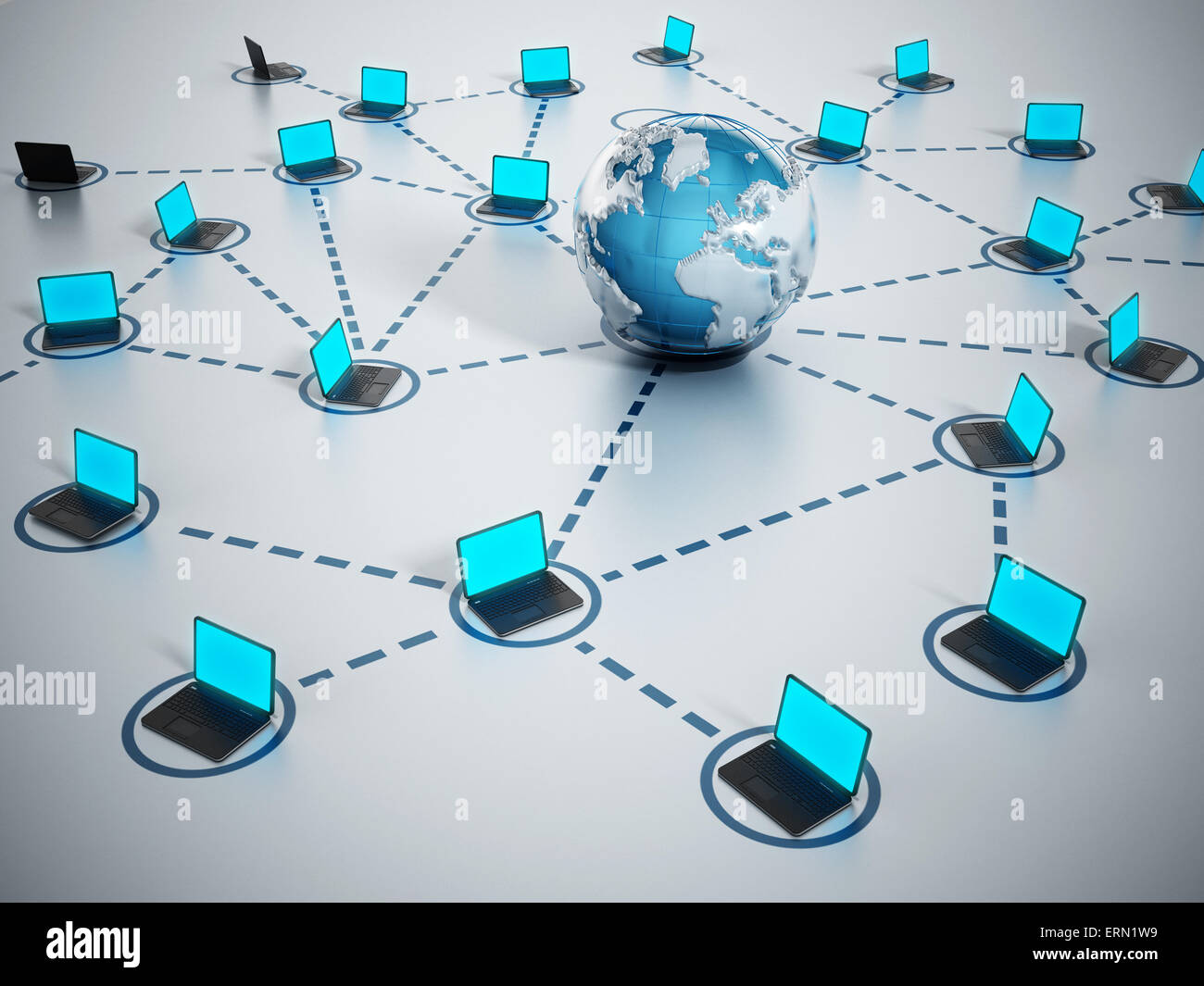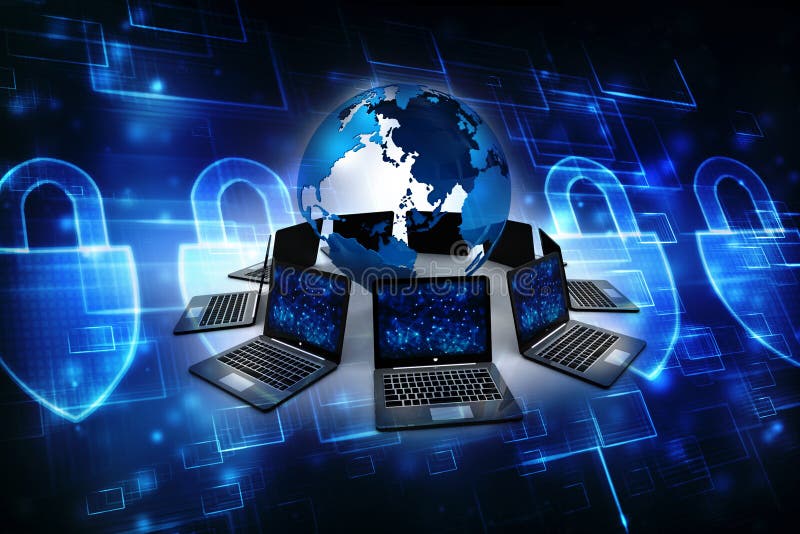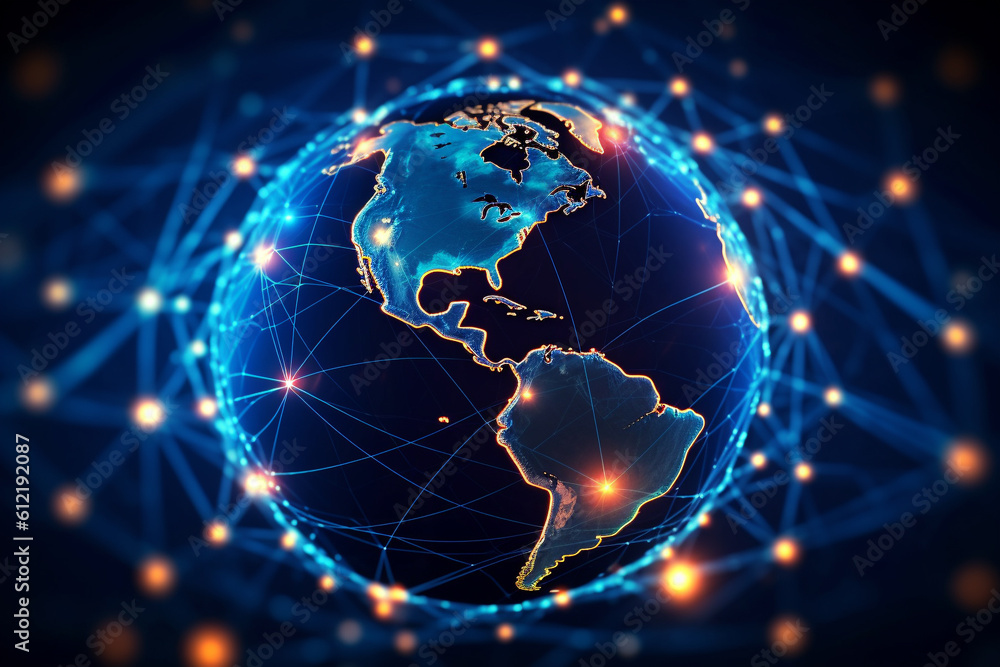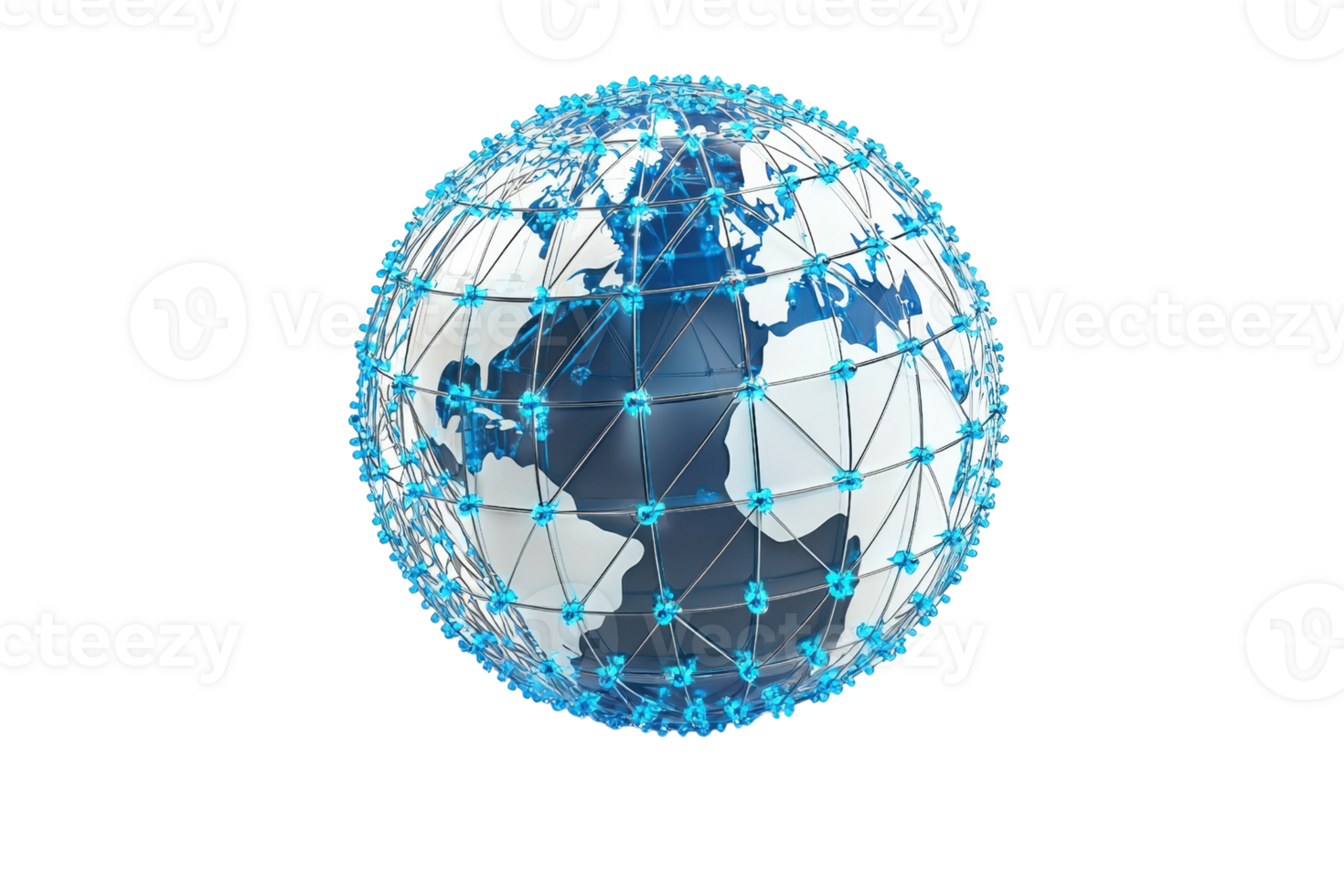An Interconnected Global Public Computer Network

Imagine a world where information flows freely, unburdened by corporate gatekeepers or national borders. A world where every individual has equitable access to knowledge, resources, and the power to connect with anyone, anywhere. This vision, once relegated to the realm of science fiction, is slowly but surely materializing through the burgeoning concept of an interconnected global public computer network.
This article explores the emerging landscape of a global public computer network, delving into its potential to revolutionize access to information, foster innovation, and democratize technology. It will also address the challenges inherent in creating and maintaining such a vast and complex system, examining the crucial questions of governance, security, and equitable access.
The Genesis of a Global Network
The internet, as we know it today, has undeniably transformed our world. However, its evolution has been largely shaped by commercial interests, leading to concerns about data privacy, algorithmic bias, and the concentration of power in the hands of a few dominant tech companies.
The idea of a global public computer network is not entirely new. Early pioneers of the internet envisioned a decentralized and open system where information could be shared freely. Project Xanadu, conceived by Ted Nelson in the 1960s, was an early example of a hypertext system that aimed to create a global information network.
According to the Internet Society, a global nonprofit organization dedicated to the open development, evolution, and use of the internet, “the internet’s architecture has always been intended to be open and accessible.” However, the current reality often falls short of this ideal.
Building Blocks of a Decentralized Future
Several emerging technologies and initiatives are laying the groundwork for a more decentralized and publicly accessible global network. These include blockchain technology, decentralized autonomous organizations (DAOs), and community-owned internet infrastructure.
Blockchain, the technology underpinning cryptocurrencies like Bitcoin, offers a secure and transparent way to store and manage data. Its decentralized nature makes it resistant to censorship and single points of failure.
DAOs are online communities governed by rules encoded in smart contracts. They enable collective decision-making and resource allocation, potentially empowering communities to build and manage their own digital infrastructure.
Community-owned internet infrastructure, such as mesh networks and cooperative broadband initiatives, provides an alternative to traditional internet service providers. These initiatives empower local communities to control their own connectivity and access to information.
Potential Benefits and Societal Impact
A truly interconnected global public computer network could unlock a multitude of benefits for individuals and societies. It could democratize access to education, healthcare, and financial services, particularly for those in underserved communities.
It could foster innovation by providing a level playing field for entrepreneurs and creators, allowing them to build and share their ideas without relying on centralized platforms. It could also strengthen democratic processes by facilitating open dialogue and citizen participation.
According to a 2022 report by the United Nations Broadband Commission for Sustainable Development, increasing broadband access in developing countries could generate significant economic and social benefits, including improved education, healthcare, and economic growth.
Addressing the Challenges
Creating a global public computer network is not without its challenges. Ensuring security and privacy is paramount, as is preventing the spread of misinformation and harmful content.
Governance is another critical issue. Establishing a transparent and accountable governance structure that involves multiple stakeholders is essential to prevent the network from being controlled by any single entity.
Equitable access is also crucial. Ensuring that all individuals, regardless of their location or socioeconomic status, have access to the network requires addressing issues of affordability, digital literacy, and infrastructure development.
The question of funding also looms large. Sustaining a global public network requires innovative funding models that do not rely solely on commercial interests or government subsidies.
The Role of International Cooperation
Building a global public computer network requires international cooperation and collaboration. Governments, civil society organizations, and the private sector must work together to address the technical, legal, and ethical challenges involved.
International agreements and standards are needed to ensure interoperability, security, and data privacy. UNESCO, the United Nations Educational, Scientific and Cultural Organization, plays a vital role in promoting universal access to information and knowledge, and could serve as a key facilitator in this effort.
The Internet Governance Forum (IGF), a multi-stakeholder forum convened by the United Nations, provides a platform for discussing internet-related issues and fostering international cooperation. Continued dialogue and collaboration within the IGF are essential for shaping the future of the internet.
According to a statement from the United Nations Secretary-General, “digital technologies offer unprecedented opportunities to accelerate progress towards the Sustainable Development Goals.” However, realizing this potential requires addressing the digital divide and ensuring that everyone benefits from the digital revolution.
A Vision for the Future
The journey towards an interconnected global public computer network is a long and complex one. It requires a collective effort from individuals, communities, and organizations around the world.
While the challenges are significant, the potential benefits are even greater. A truly global and public network could transform our world in profound ways, fostering innovation, democratizing access to information, and empowering individuals to create a more just and equitable future.
It is a vision worth pursuing, a testament to the power of human ingenuity and the enduring desire for connection and knowledge. The future of the internet, and indeed the future of our global society, may well depend on it.
















